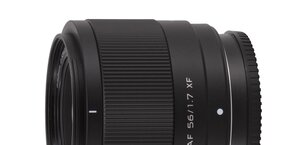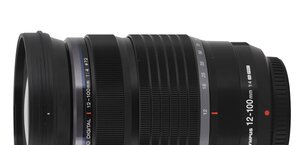Tamron AF 18-200 mm f/3.5-6.3 XR Di II LD Aspherical (IF)
4. Image resolution
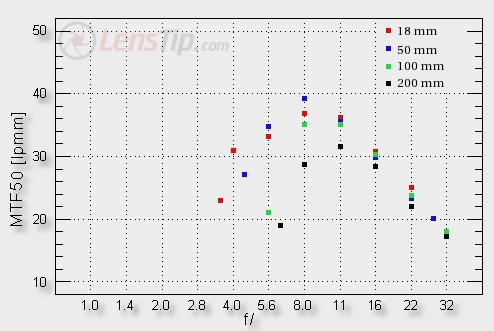
The results we see at 200 mm won’t satisfy anybody. It’s an effect of two factors: a wide focal lengths range, which is bound to have a weak point somewhere, and small dimensions of the lens, which, at 200 mm, force you to use the fastness as slow as f/6.3. Most lenses exactly near f/5.6-f/8 reach the peak of their possibilities. The Tamron can’t do that because for him it’s the maximum relative aperture, where the image is still strongly influenced by different aberrations. These aberrations are also visible by f/8 and by f/11 so the results leave a lot to be desired there and only by f/16 the aberrations become less significant. By f/16, though, the lens can’t spread its wings anymore because of the diffraction limit.
Please Support UsIf you enjoy our reviews and articles, and you want us to continue our work please, support our website by donating through PayPal. The funds are going to be used for paying our editorial team, renting servers, and equipping our testing studio; only that way we will be able to continue providing you interesting content for free. |
- - - - - - - - - - - - - - - - - - - - - - - - - - - - - - - - - - - - - - - - - - - - - - - -
At the edge of the frame we see the situation from the centre repeated. A very nice performance at 50 mm, quite good at 18 and 100 mm and very weak at 200 mm are worthy of our notice.
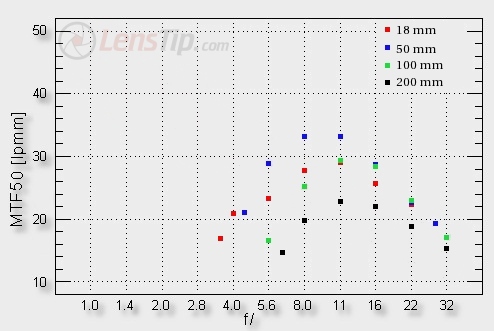
The graphs above showed us the RAW results; below we can see frame centre crops (two first) and a frame edge crop (the lowest) from images saved as JPEG files and taken with Parameters 2 settings, which in the Canon 20D are less aggressive than more sharpening Parameters 1. You should pay attention to the quite unacceptable image quality at the edge of the field (the lowest picture) at 200 mm. It’s the price we must pay for a megazoom lens. You should be aware of it.
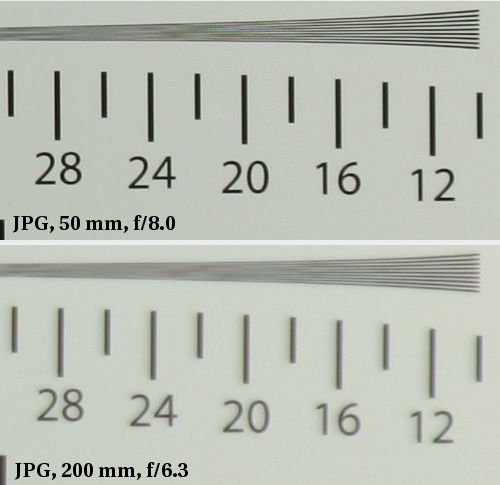 |
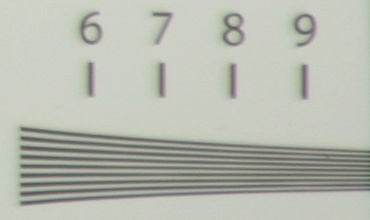 |




